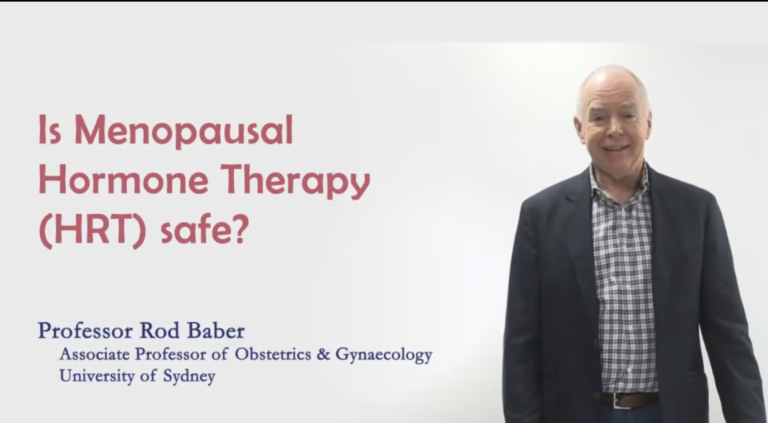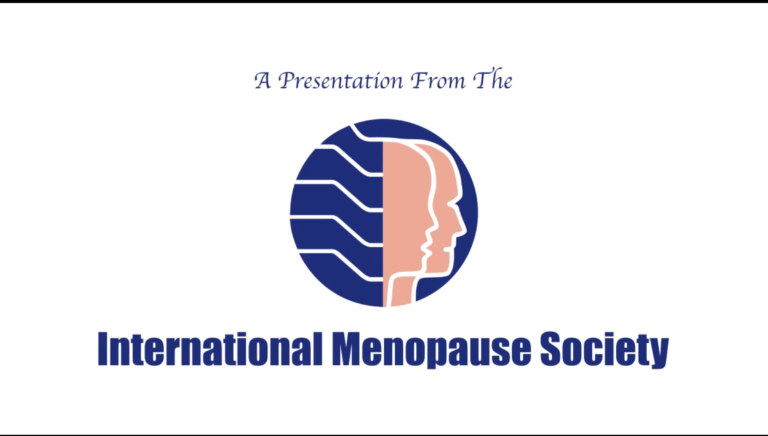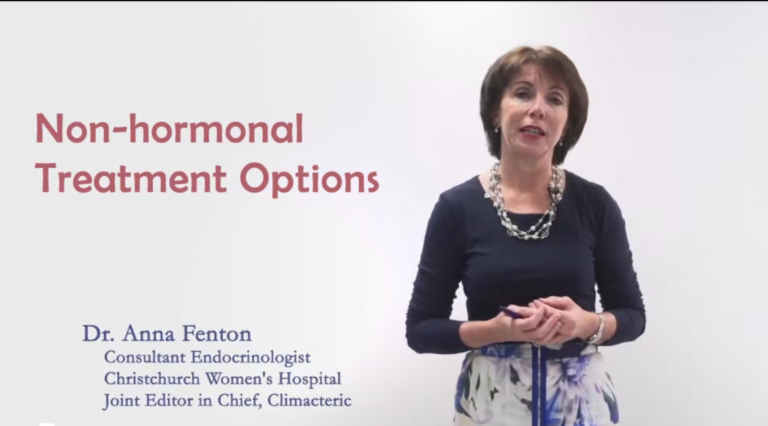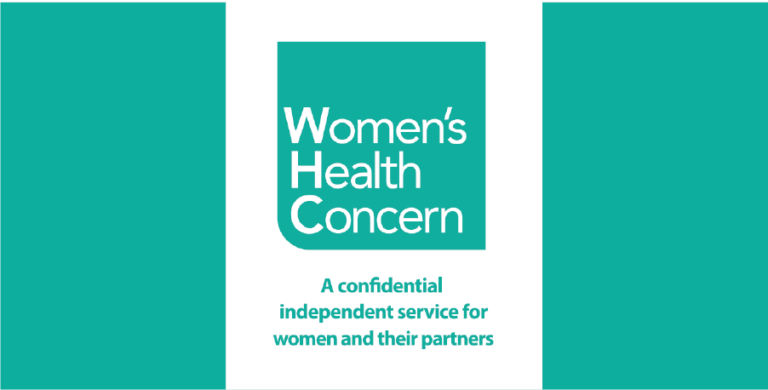
Facts about menopause
Everyone who has a period will go through menopause. As we age, our ovarian follicle (egg) production declines. We refer to menopause as the absence of periods for one year. The time prior to this is the perimenopause. You may…


Everyone who has a period will go through menopause. As we age, our ovarian follicle (egg) production declines. We refer to menopause as the absence of periods for one year. The time prior to this is the perimenopause. You may…

Menopausal hormone therapy (MHT) is the most effective treatment for treating the symptoms of menopause. It usually involves supplementation with oestrogen and may also include progesterone and testosterone. Oestrogen is an important hormone with its receptors found in many parts…

While often referred to as the ‘male’ hormone, testosterone is a biologically active hormone in women too. It can be used as part of menopausal hormone treatment (MHT). What does testosterone do? Testosterone is thought to have an effect on…

Advice and fact sheets about all things menopause, from a trusted source.

Here is an excellent evidence-based video discussing the safety of hormonal treatment in the menopause.

Nutrition is fuel for our bodies and all it’s important functions. During menopause, good nutrition is important for our bones, heart, gut and for managing our weight. Good nutrition may also help in management of menopausal symptoms.

Physical symptoms of menopause can affect our mental health, but menopause seems to have a direct effect on mood too. Read more about how menopause impacts mental health here.

There is not a lot of science to support complimentary therapies in the treatment of menopause symptoms but here is some good information.

Although safe and effective, there are some people who cannot or prefer not to use hormone treatment options. We support safe prescribing and your right to choose what is best for you. Here’s a summary of the non-hormonal treatment options.

In the past, there has been a lot of confusion about hormone therapy. Initially used in the 1960s, it fell out of favour in the early 2000s. Evidence has now shown us that HRT is safe and effective.